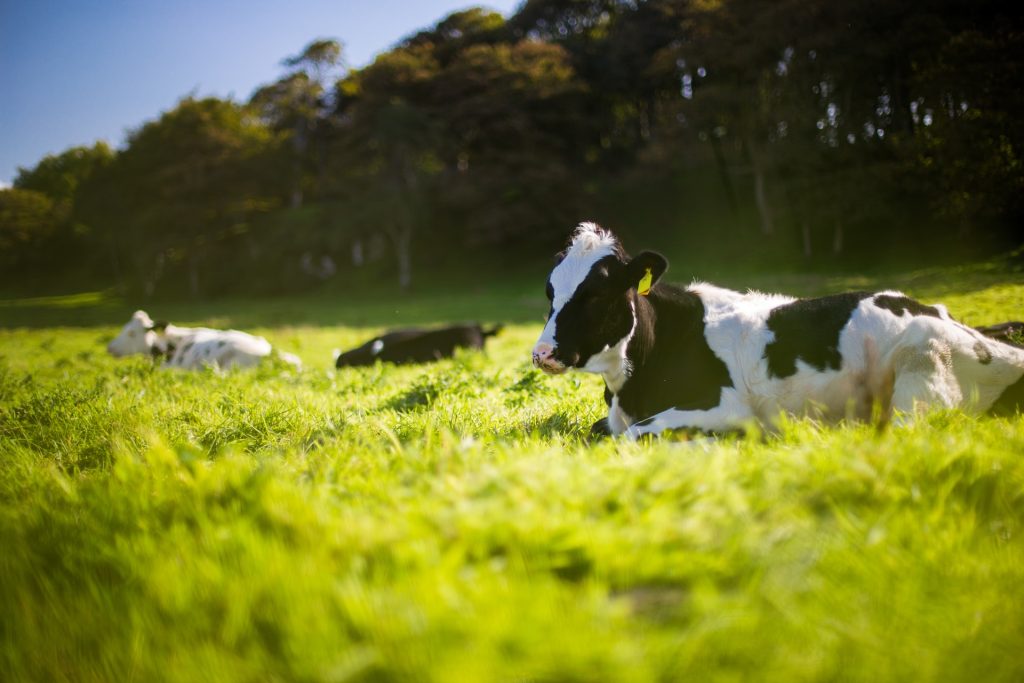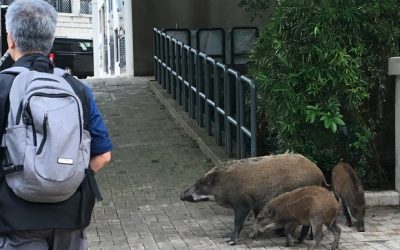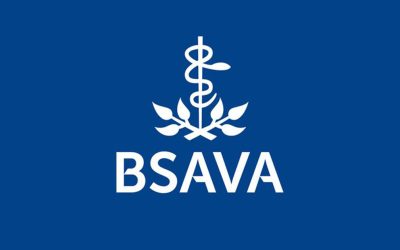Innovative Breeding Index for Sustainable Dairy Farming
Professor Matt Bell, the Director of Agriculture at Hartpury University, has developed a novel “breeding index” to identify dairy cows with traits that contribute to the sustainability of milk production. These traits encompass milk yield, health, fertility, and lifespan.
The Versatility of the Hartpury Herd Index
The “Hartpury Herd Index” is a versatile tool that can be applied to any dairy herd, enabling farmers to select and breed cows that are optimally adapted to their specific farm conditions. In an interview with BBC Radio Gloucestershire, Matt Bell explained that the index was part of their effort to achieve net-zero emissions. The goal is to identify and breed cows that are not only productive throughout their lives but also have lower carbon emissions.
Formulating the Index: A Focus on Profitability and Carbon Footprint
The index was formulated using data from the cows’ genetic backgrounds, focusing on individual cow profitability and carbon footprint. Hartpury University conducts carbon footprinting across its entire farm, which allows them to estimate the carbon emissions per cow and select those best suited to their farm conditions. This approach promotes healthier and longer lives for the cows.
Reducing Carbon Emissions through Selective Breeding
The aim is to reduce the carbon emissions from each cow by at least 10% through selective breeding. Bell estimates that about 80% of their cows are sustainable according to the index, and they plan to replace the remaining 20% with younger, more sustainable animals.
Early Success and Future Applications of the Index
The study has already shown promising results, with younger cows on the farm exhibiting a reduced carbon footprint. Bell hopes that other farms can create their own herd index to more effectively identify and select cows that are best suited to their conditions.
Individual Evaluation and Selection of Cows
Bryan Carter, the herd manager at Hartpury, praised the breeding index for its ability to evaluate cows on an individual basis. This allows him to select the most suitable heifers for inclusion in the herd, thereby enhancing its sustainability year after year. The index also contributes to longer lifespans for the cows and increases the number of calves they produce before retirement.
The Study’s Aim and Methodology
The study aimed to identify sustainable milking cows and potential herd replacements in Home Farm’s commercial dairy herd of 220 Holstein-Friesians and a small herd of Guernsey cattle, using a customised profit and carbon total merit index.


